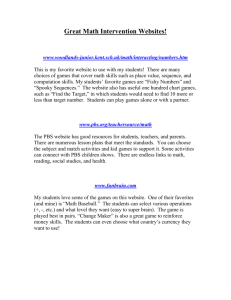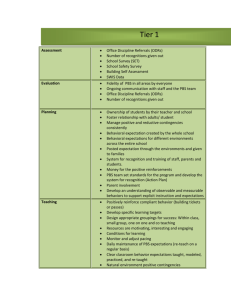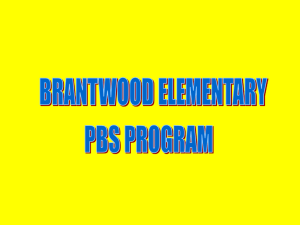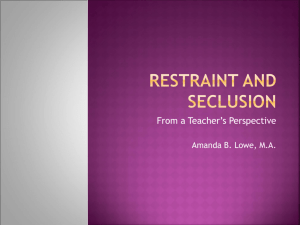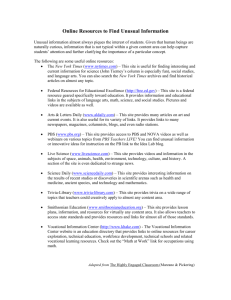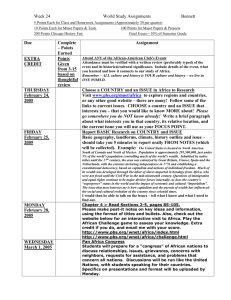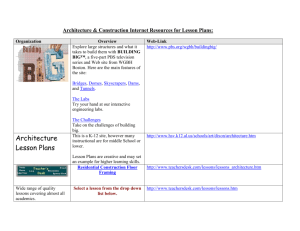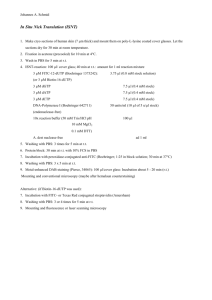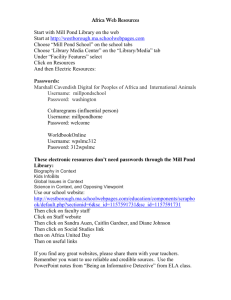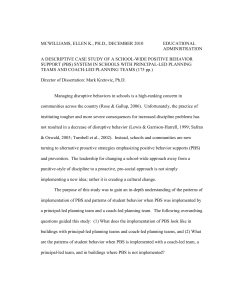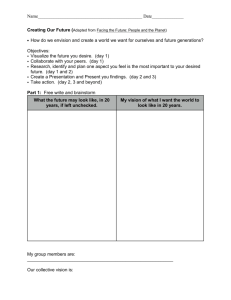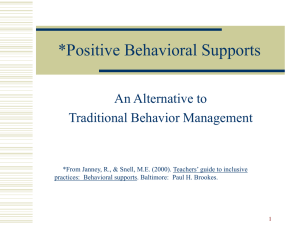positive behavior supports overview
advertisement
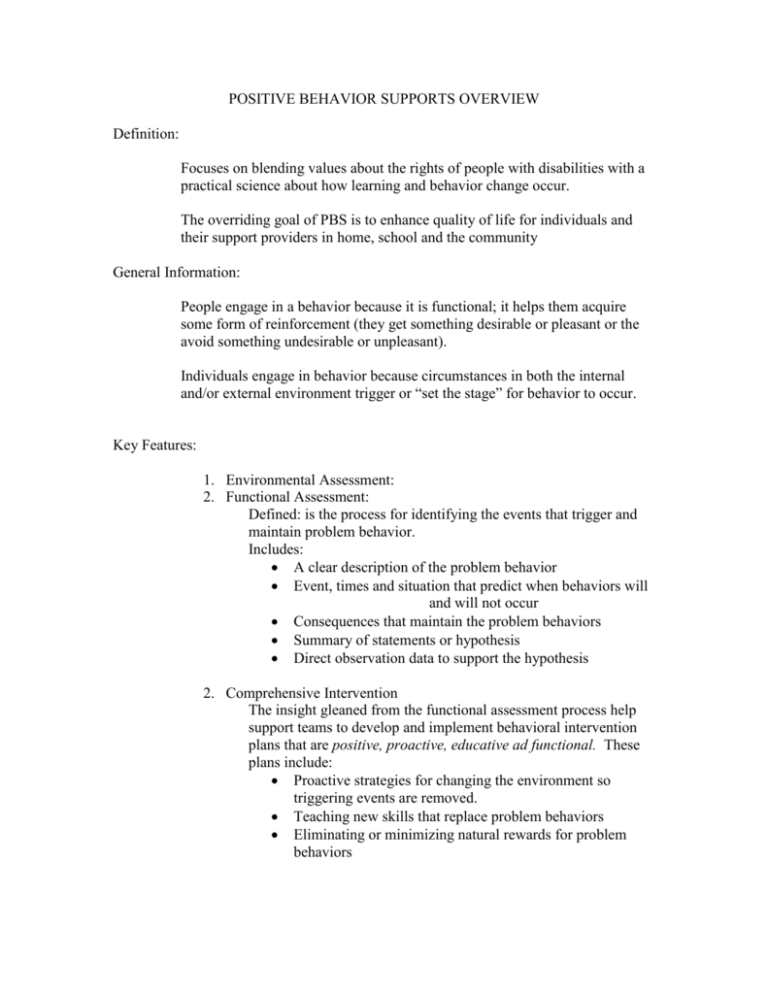
POSITIVE BEHAVIOR SUPPORTS OVERVIEW Definition: Focuses on blending values about the rights of people with disabilities with a practical science about how learning and behavior change occur. The overriding goal of PBS is to enhance quality of life for individuals and their support providers in home, school and the community General Information: People engage in a behavior because it is functional; it helps them acquire some form of reinforcement (they get something desirable or pleasant or the avoid something undesirable or unpleasant). Individuals engage in behavior because circumstances in both the internal and/or external environment trigger or “set the stage” for behavior to occur. Key Features: 1. Environmental Assessment: 2. Functional Assessment: Defined: is the process for identifying the events that trigger and maintain problem behavior. Includes: A clear description of the problem behavior Event, times and situation that predict when behaviors will and will not occur Consequences that maintain the problem behaviors Summary of statements or hypothesis Direct observation data to support the hypothesis 2. Comprehensive Intervention The insight gleaned from the functional assessment process help support teams to develop and implement behavioral intervention plans that are positive, proactive, educative ad functional. These plans include: Proactive strategies for changing the environment so triggering events are removed. Teaching new skills that replace problem behaviors Eliminating or minimizing natural rewards for problem behaviors 3. Lifestyle Enhancement: PBS focuses not only on reducing behavior problems, but on enhancing a person’s overall quality of life. PBS Leadership Team: WHY PBS? 1. PBS is a universal approach: no one tries to “fix me” when I engage in unhealthy behavior 2. It’s about respect 3. Value to society 4. A person with a disability is as valuable as the next person; there is no ranking order. 5. Behavior becomes irrelevant.
